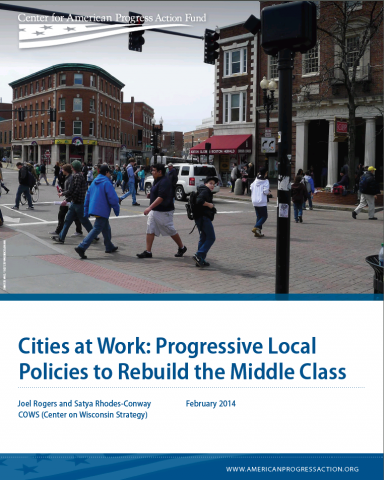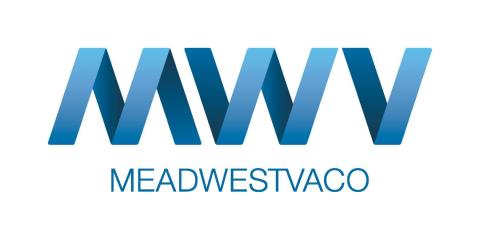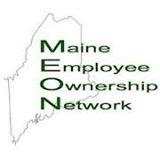Established in 1932 and converted to a 100 percent employee-owned company in the 1990s, Messer is a construction firm that employs nearly 750 builders working on commercial construction projects totaling more than $792 million in Indiana, Kentucky, North Carolina, Ohio, and Tennessee. Demonstrating its commitment to the community, its Cincinnati office has contributed more than $3.7 million to local nonprofits since 2006 and works to include minority- and women-owned businesses in all of its projects. Read more about Messer...






